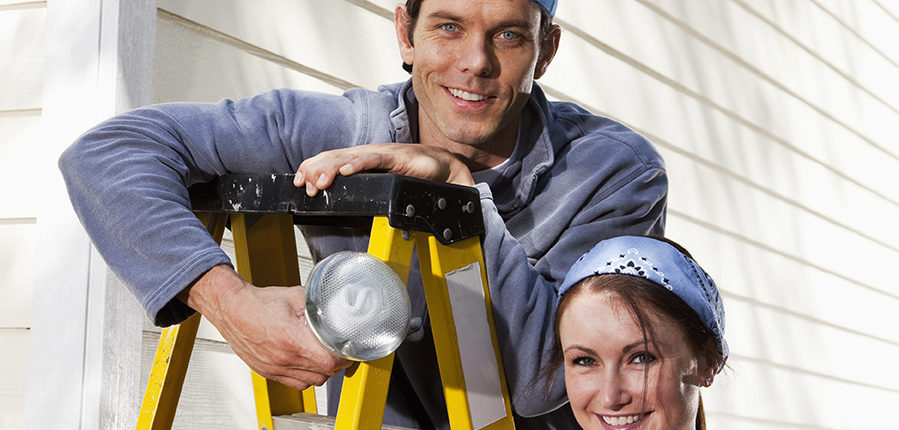Coldwell Banker released a survey in 2017 “Smart Homes: An Emerging Real Estate Opportunity” detailing the effects of emerging smart technology and its effects on real estate. A smart home is one that employs a minimum of three enhancements, connected remotely using a smart phone, tablet, or a computer. Smart home technology can operate as a stand alone unit or connect to a centralized hub (think Nest or Google Home) with other smart devices.
Most smart technology for the home focuses on safety, energy management, and convenience. Consumer Technology Association expects smart home technology sales – including smart doorbells and locks, Wi-Fi cameras, smart thermostats, smart smoke and carbon monoxide detectors, and smart home security kits – to reach 35.2 million units (15% growth) and $4.3 billion (4% increase).
Not everyone will be onboard with connecting everything to a hub platform, but for the savvy house flipper, adopting one or two of the simpler enhancements most buyers are familiar with may facilitate a quick sale. Imagine a potential buyer that has seen 5 similar homes but one home has a smart thermostat that can result in real savings on the their utility bill. And with safety a key driving force in the smart home tech sales, consider adding a ring doorbell and a garage door opener.
The Coldwell Banker also survey revealed that the majority of residential real estate agents felt highlighting the addition of smart home technology when marketing the property would help in the sale. And that was 2017, when consumers spent an estimated $1.5 billon on smart technology. Today, as consumers are more aware of the never ending list of devices coming on to the market and more millennials enter the home-buying phase of their lives, that number will be higher.



